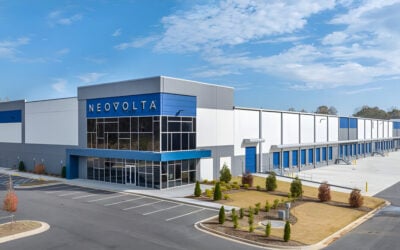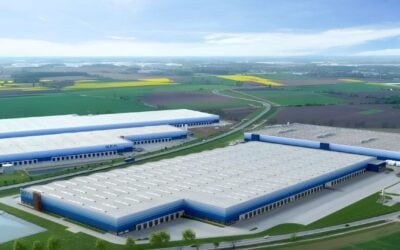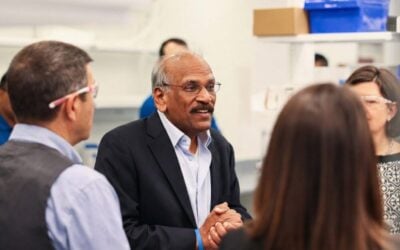Image credit: Flickr/Andy Armstrong
Kodak and Polaris Battery Labs have collaborated on a support system for new battery manufacturers and products.
The partnership is aimed at clients preparing to scale-up new products to full commercialisation. Polaris, which specialises in assisting new battery technologies, will then work with a Kodak engineer to migrate people to Kodak’s roll-to-roll and cell production facilities. The two companies claim that this will result in a “significantly shorter” time to market and lower capital costs.
“This alliance creates a new way for US-based battery manufacturers to go from very early material development activities all the way to full production,” said Dolores Kruchten, vice president of Kodak’s Eastman Business Park, where Kodak’s R&D campus and energy storage cell production facilities are based.
“All key capabilities are here; we have laboratories and slurry preparation. Our material analytical tools and capabilities are world-class. We have everything in coating from the lab to pilot to full production,” added Kruchten. “Finally, our combined Cell Assembly capabilities include high-volume and small-scale electrode manufacturing as well as cell manufacturing volumes from 10s and 100s to 100s of thousands,” she added.
Try Premium for just $1
- Full premium access for the first month at only $1
- Converts to an annual rate after 30 days unless cancelled
- Cancel anytime during the trial period
Premium Benefits
- Expert industry analysis and interviews
- Digital access to PV Tech Power journal
- Exclusive event discounts
Or get the full Premium subscription right away
Or continue reading this article for free
“With Polaris’ material characterization and prototyping, and Kodak’s roll-to-roll manufacturing and cell assembly capability, we can work with material developers and product OEMs to bring new advances to market very quickly and inexpensively,” said Kruchten.
“From the start, Kodak and Polaris have shared a common vision of helping developers get to market very quickly. We believe that in many cases we can now shorten the development and launch cycles to only a couple of years and possibly even less,” said Doug Morris, CEO, Polaris Laboratories.
The alliance will have a number of capabilities including initial assessment of materials, sample generation for investors and customers, producing cells without the need for a prototype manufacturing facility and intellectual property protection.




